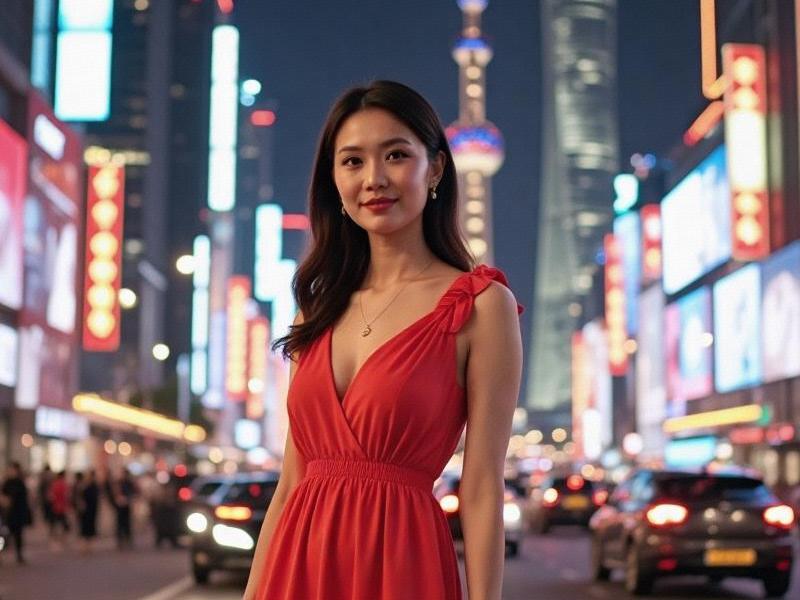An in-depth exploration of how Shanghai's women are crafting a new paradigm of Chinese femininity that blends traditional values with global sophistication.

The sun rises over the Huangpu River, illuminating a group of women practicing tai chi in Bund Park - their flowing silk garments contrasting sharply with the power-suited executives sipping artisanal coffee nearby. This visual juxtaposition encapsulates the complex tapestry of modern Shanghai femininity, where tradition and progress dance in delicate balance.
Demographic Spotlight:
• Female population: 12.3 million (51.2% of city residents)
• 68% of women aged 25-34 hold university degrees
• Labor force participation: 89% (national average: 76%)
• Average marriage age: 31.2 years (up from 26.8 in 2005)
Shanghai's women navigate unique cultural crossroads:
1. The Professional Paradox
上海神女论坛 - 42% of senior management positions held by women
- "Steel Rose" phenomenon in finance/tech sectors
- Persistent 18% gender pay gap despite advancement
2. Fashion as Cultural Dialogue
• Qipao revival with contemporary twists
• Local designers blending Eastern/Western aesthetics
• Sustainable fashion movement gaining traction
3. Social Evolution
上海私人外卖工作室联系方式 - Later marriages and declining birth rates
- Growing single professional class
- Reinterpretation of traditional gender expectations
4. Cultural Preservation
• Revival of Jiangnan women's arts
• Modern interpretations of Yue opera
• Feminist literary circles flourishing
"Shanghai women have always been China's cultural avant-garde," notes sociologist Dr. Li Wenjing. "What we see today is a generation that refuses to be boxed into either traditional Chinese or Western feminist paradigms - they're writing their own script."
上海龙凤阿拉后花园
The city's unique history as a treaty port continues to influence its gender dynamics. From the "Modern Girls" of 1930s Shanghai to today's tech entrepreneurs, Shanghai's women have consistently pioneered new models of Chinese womanhood. As 28-year-old AI researcher Chen Xia puts it: "We're not trying to be 'like men' or rebel against tradition - we're creating a third way that's distinctly Shanghai."
This evolution faces challenges:
- Persistent beauty standards pressure
- Work-life balance tensions
- Intergenerational value conflicts
- Urban loneliness epidemic
Yet Shanghai's women continue redefining what it means to be feminine in modern China - not through radical rejection of tradition, but through subtle reinvention. Their story offers a compelling alternative narrative in global discussions about gender and urban identity.